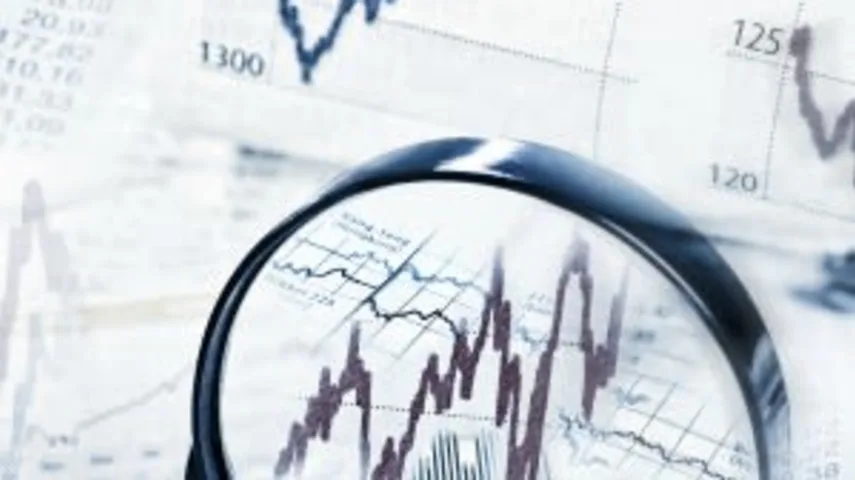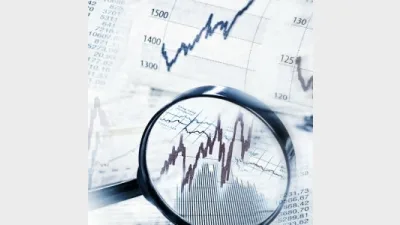Super funds deliver moderate returns



Superannuation funds delivered a moderate performance in February, with the median balanced option posting a return of 1.1 per cent, according to SuperRatings.
The latest SuperRatings data found along with the small negative return in January, it had been a modest start to 2017, lower than what might be implied from recent market movements, including the continued reaction from equity markets to Trump’s policies.
SuperRatings chair, Jeff Bresnahan said the stability of super funds was because investors did not want to see markets getting too carried away, especially when there was still a fair amount of political and economic uncertainty globally.
The 12-month return for the median balanced option moved higher in February, and reached 11.3 per cent. This is the highest since April 2015, while the five-year return remained about nine per cent per annum.
”Looking over the past 12 months, only three months have seen negative returns, and these have been small, especially compared to the larger positive gains we saw at the end of 2016,” Bresnahan said.
“Super balances seem to be in reasonable health, so investors should not panic if we do experience bumps.”
The report found February was a mixed month on the economic front, with a boost in consumer sentiment reflected in a surge in consumer staple shares, while commodity prices continued to rise, albeit at a slower pace compared to recent months.
The research house said the quantum of labour that sought greater levels of employment was relatively high, and the dampening effect on wages could mean a rate hike from the Reserve Bank of Australia was a long way off.
Recommended for you
Australia’s maturing superannuation system delivers higher balances, fewer duplicate accounts and growing female asset share, but gaps and adequacy challenges remain.
Global volatility and offshore exposure have driven super funds to build US-dollar liquidity buffers, a new BNY paper has found.
Less than two in five Australians are confident they will have sufficient assets to retire and almost three-quarters admit they need to pay greater attention to their balance, according to ART research.
Australia’s largest super fund, AustralianSuper, has announced multiple additions to its executive leadership team to focus on global growth and innovation.









